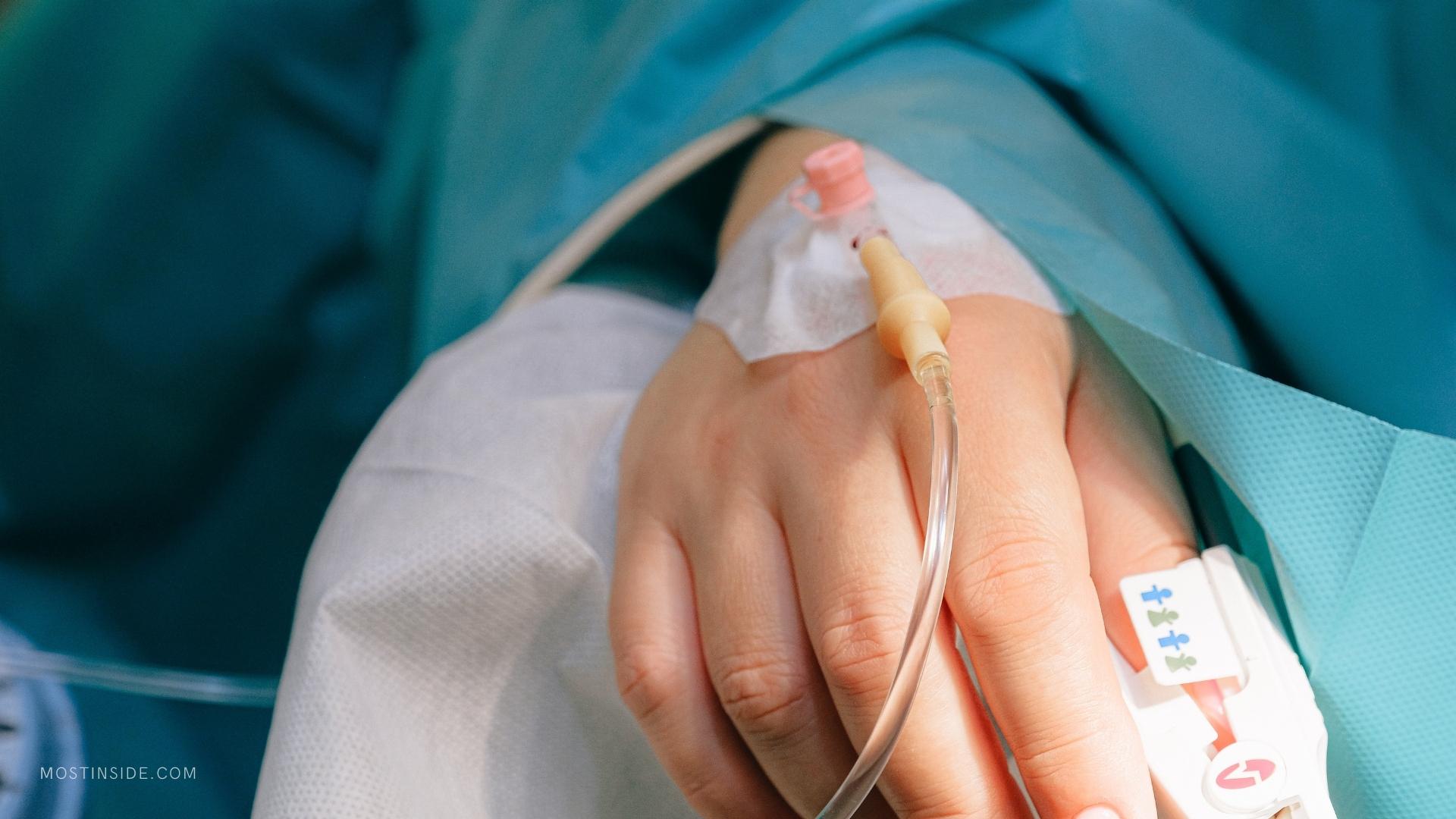Six Tips to Stay Prepared in Emergency Situation

As much as we might like to overlook it, disaster can strike anywhere, anytime without warning. Emergencies can be incredibly devastating, especially if you aren’t prepared. While it might seem impossible to prepare yourself for an emergency, there are several steps you can take. These tips can help you gather your bearings and can help you ensure your safety immediately. Moreover, if you’re living with children, the elderly, or specially-abled individuals, these tips can be lifesaving. However, it can be challenging to know where to start when preparing yourself. If you want to ensure you have a foolproof plan in place, keep reading below. We have some useful tips to help you keep yourself and your family safe, come what may.
1. Get Professional Training
If you want to leave no stone unturned when preparing yourself for an emergency, getting professional training is your best bet. Whereas there are several effective steps you can take in a non-professional capacity, nothing can compare to professional accreditation. There are several courses you can opt for in professional emergency management that can allow you to save yourself and your loved ones.
One of the most useful courses to opt for is emergency medical services training. The aftermath of a disaster can often come with severe health repercussions. Furthermore, it can be challenging to reach hospitals and clinics ASAP, and without emergency medical care, there can be many fatalities. Opting for EMT courses can help you provide vital pre-hospitalization treatment. EMT courses can help stabilize people until they get medical care in an emergency. An EMT course can make you a valuable asset both in the aftermath of a disaster or in an emergency medical situation.
2. Keep An Emergency Bag Ready
Although it may seem inconsequential, keeping an emergency bag ready can make a world of difference in an emergency. Whether it’s a sudden medical emergency or a disaster, an emergency bag can help you stay prepared and get help immediately without needing to waste any time. Your emergency bag can help you get through several days and needs to cater to the unique needs of everyone in the family.
The first thing to keep in your bag is thus medical supplies. Apart from bandages, wound cleaning supplies, allergy medications, and painkillers, you need to keep any specialized medications your family members need. Additionally, you need to keep enough food and water to get you through at least a week. It would help if you kept chargers, flashlights, can openers, swiss knives, and batteries. This emergency bag can help you stay prepared for any disasters, as well as medical emergencies. Make sure to go through the bag every few months to check if everything is working well and weed out anything expired.
3. Have A Communication Plan
You want to have a proper communication plan before any disaster situation arises. In most cases, you’ll want to have friends or family around to help in case of any emergency. Having this support won’t just help you emotionally but can also divide the burden and make it easier to overcome the challenge. It’s important to decide who you need to reach first in the case of an emergency and communicate that with the rest of your family members too.
Making sure that everyone is on the same page can help you reduce any confusion in an emergency and help you better protect your family members. When picking a communication plan, it’s better to call someone who lives at a distance than locally in case of a natural disaster. Telecommunication lines can be disrupted. However, when picking an emergency medical contact, pick someone who can reach you immediately and help you get help.
4. Consider Special Needs
If you have someone at home with special needs, they need to be at the top of your list when creating an emergency plan. Your loved ones with special needs will need extra attention during any disaster or medical emergency. You may need to take specialized action depending on the severity of the crisis.
If anyone has physical disabilities, you need to have equipment ready to help them get around easily. this can include walking aids, wheelchairs, and hearing aids. Moreover, it would be best to have a cohesive plan for special needs individuals to avoid mishaps or confusion. You’ll need to cater to special needs during an emergency, including hearing/sight problems, physical disabilities, neurodevelopmental conditions, asthma, and cardiac and respiratory problems. Setting up the buddy system is an excellent way to help these individuals and ensure that you keep them safe.
5. Prepare Your Home
Preparing your home is one of the most vital steps during an emergency. During natural disasters, you’ll want to unplug all your appliances and electronics immediately so that you don’t have any accidents in case of a power surge. Additionally, if you have any outdoor furniture, you’ll need to move it all inside. Moreover, if you have a hurricane or tornado forecast, the first thing to do is shut off the electricity, gas, and water supply.
Windows can be a huge hazard during such situations, and adding shutters can help prevent any shattered glass. It would help if you also considered putting away any decorations and fragile items which can fall over and cause damage.
6. Prepare Your Pets
Disaster situations can be exceptionally hard on your pets, and having a plan beforehand can help minimize the stress they experience. If storm season is nearby, speaking to pet shelters beforehand can help you find a place for your animals if there’s a storm warning. Although it can be hard to part ways during such a time, shelters are better equipped to handle your animals during emergencies.
If you experience a medical emergency and need to leave your home, prepping a neighbor or family member beforehand can help. Drop off supplies your pet may immediately need, such as food, litter, and medication that can help them care for your pet even when you aren’t around.
Conclusion
Emergencies come without warning, and it can be easy to be overwhelmed when they’re upon you. However, with these tips, you can stay prepared and help you protect not just yourself but your loved ones too, and can minimize damage immensely.
Recommended For You
What Are the Different Types of Hearing Loss?
Most Inside
Most Inside offers high-quality recommendations and valuable updates to enhance all aspects of your life, providing premium guidance and enriching experiences.




